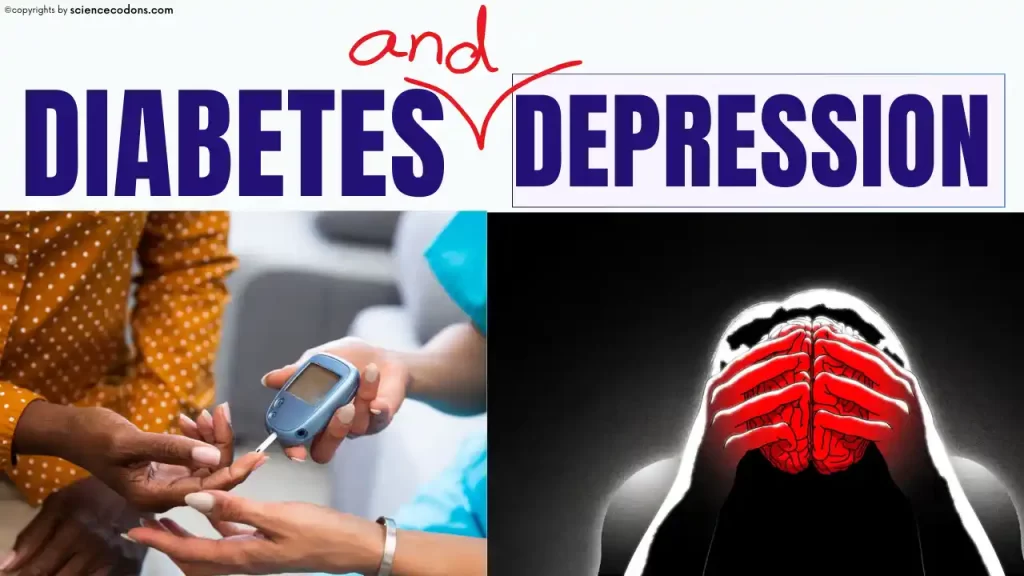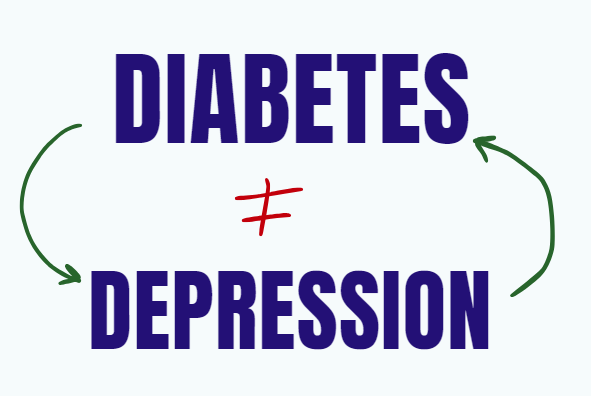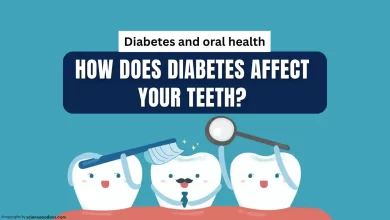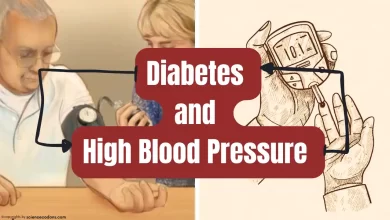Living with a chronic illness is not easy, as it can change daily habits, social relationships, and even self-perception.

Type 1 diabetes usually manifests itself in childhood, but type 2 diabetes, which is the most common type of Diabetes in the world, occurs in adulthood, and a significant percentage of it can be associated with an unhealthy lifestyle, including poor eating habits.
The link between Diabetes and depression
While many doctors focus more on the physical changes and complications of Diabetes, which is a very important issue, what is often overlooked is “mental health.” Some people with Diabetes may experience severe feelings of hopelessness and fatigue from having to manage their condition daily. The likelihood of depression in people with Diabetes is two to three times higher than in those without this disease. On the other hand, depression increases the risk and severity of Diabetes.
The impact of Diabetes and depression on each other
Most people with Diabetes do not have depression. However, studies show that people with Diabetes experience depression more than others. The daily stress of managing Diabetes can lead to depression. Due to the extra work that a person with Diabetes has to do, they may feel lonely or separated from their friends and family.

Depression can put you in a repetitive cycle. This can interrupt the necessary care. If you are depressed and do not have the energy, you will not perform blood sugar tests regularly. In addition, high and low blood sugar levels affect brain function in terms of mood, temperament, and cognitive ability. Over time, Diabetes can change the structure of the brain and lead to mood disorders.
Depression can make managing Diabetes difficult and worsen a person’s condition. These individuals may have less motivation to perform self-care activities. People with depression are more likely to be sedentary and have an unhealthy diet, which can lead to an increase in blood sugar levels. Research shows that people with mental illnesses, especially depression, may have more difficulty following treatment recommendations, attending appointments, monitoring blood sugar, and taking care of their feet.
Signs of depression in Diabetes include:
- Loss of enjoyment: You have no motivation to do things you used to enjoy.
- Changes in sleep patterns: You have trouble sleeping. You often wake up during the night or sleep too much during the day. You wake up earlier than usual and can’t go back to sleep.
- Changes in appetite: You eat more or less, resulting in rapid weight gain or loss.
- Difficulty concentrating: You can’t watch a TV show or read an article because other thoughts or feelings come to mind.
- Decreased energy: You always feel tired and worthless.
- Irritability: You always feel anxious and can’t sit still.
- Feelings of guilt: You think you can never do anything suitable and blame yourself for problems. You feel worse in the morning than the rest of the day and are more upset.
How can we take care of ourselves when facing depression?
- One of the important factors to consider is mental health and the necessary social support to address emotional challenges that can affect the health outcomes of these individuals.
- If you have symptoms of depression, try to identify and manage them. First, talk to your doctor. There may be a physical cause for your depression.
- Control diabetes: Poor diabetes control can cause symptoms such as depression. Fluctuations in blood sugar levels throughout the day can make you feel tired or anxious. Low blood sugar levels can lead to hunger and overeating. Low blood sugar at night can disrupt your sleep. High blood sugar levels also lead to frequent urination and make you feel tired during the day.
- Avoid eating and consuming alcohol or drugs.
- Check your thyroid problems and take action to resolve them.
- Consider the side effects of some medications.
- Express your feelings: Researchers have found that expressing emotions helps treat these individuals. People who express their emotions experience fewer clinical symptoms of depression than their peers who participate in other activities, such as sports.
- If the doctor concludes that depression is not due to physical problems, you may need to talk to a psychiatrist, psychologist, or professional counselor. All psychological experts can guide you in treating depression.
In general, there are two types of treatments:
- Antidepressant drugs: These drugs are prescribed by a psychiatrist.
- Psychotherapy or counseling: An experienced psychologist can help you find ways to solve the problems that cause depression.
Note that many patients improve faster with a combination of medication and psychotherapy.






